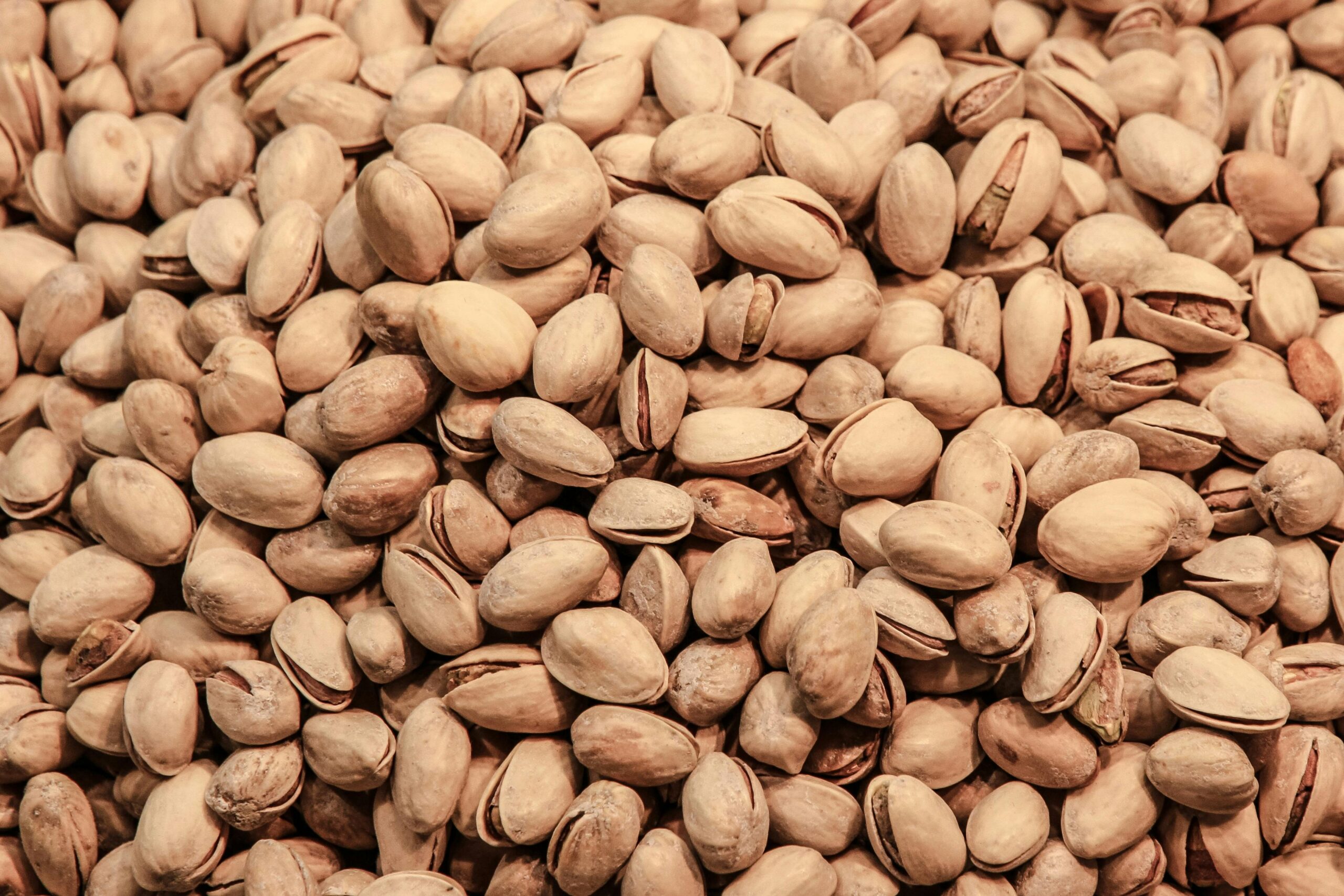
brain


Your Gut Feeling About Alzheimer’s? New Study Finds It Might Be RightSeptember 12, 2025

Stroke Survivors: New Hope as Scientists Uncover Gut-Brain Healing PowerAugust 30, 2025

How One Gut Bacteria Is Rewriting the Rules of Fetal Brain DevelopmentAugust 24, 2025

Revolutionary Autism Research: How Imbalances in Your Gut Might Affect Your BrainJuly 31, 2025

The Secret Life of Your Gut: New Study Shows Pistachios Can Reshape Your MicrobiomeJuly 28, 2025

Beyond the Brain: New Study Links Concussions to Gut HealthJuly 23, 2025

Unlocking Brain Tumor Immunity: Research Shows Gut’s Essential RoleJuly 3, 2025

Your Gut Feeling About Alzheimer’s? New Study Finds It Might Be Right.June 23, 2025
